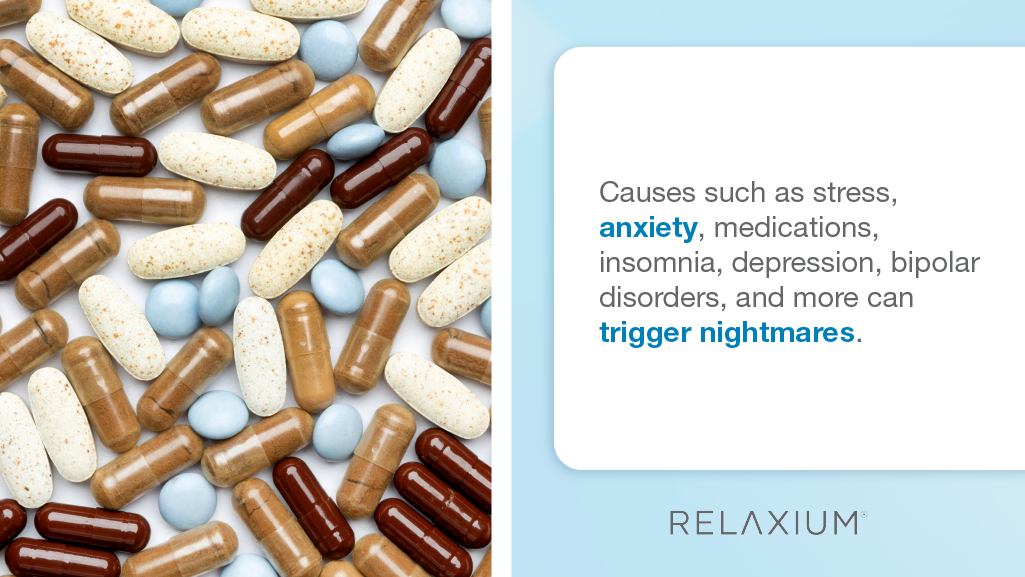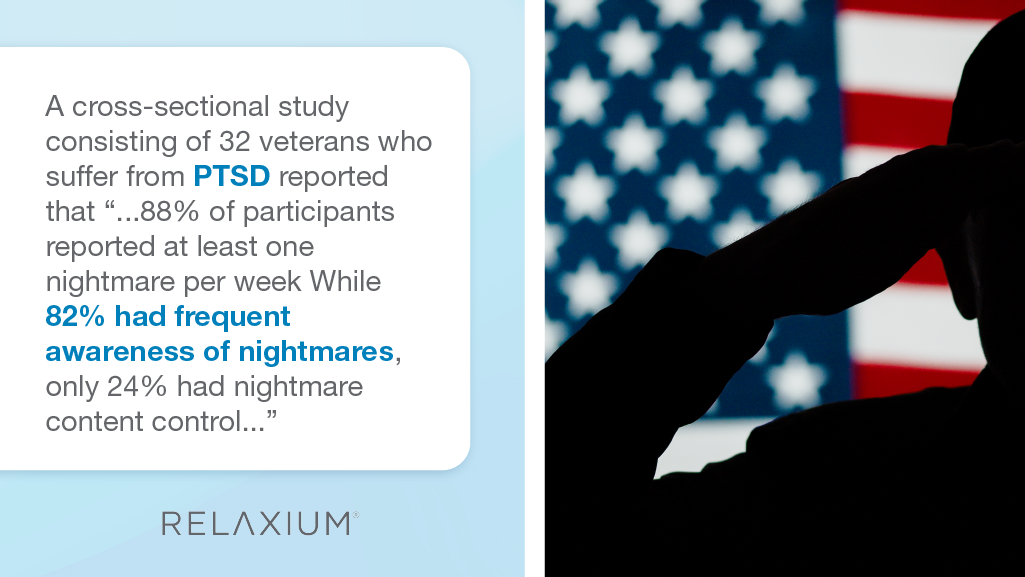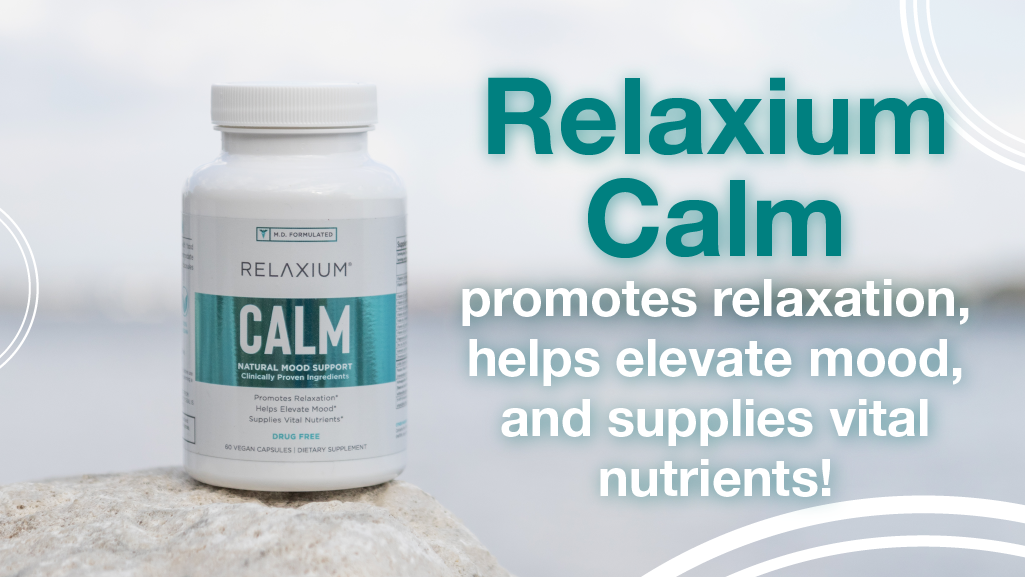The fears we encounter during dreams, the restless sleep we have once encountered; everyone has experienced a nightmare. Have you ever wondered why they exist? Are there ways to try to prevent them? Let’s discuss.
Nightmares do not discriminate. We all have them. Whether it be something completely unrealistic, or something that hits close to home, we are affected. Sometimes they feel real. It is important that we come to understand our psyche, especially if you have been struggling with nightmares.
The history of nightmares
Now, of course, it may be hard to pinpoint initially where nightmares came from. What we do know though is when nightmares were first defined. The first definition of nightmare, according to the Oxford English Dictionary, was found in 1300. Defined as, “a female spirit or monster supposed to settle on and produce a feeling of suffocation in a sleeping person or animal.”
Etymology is to thank for the naming of nightmare. Considering dreams tend to happen at night, “night” was utilized in pairing with “mare,” which was a mythological demon who torments those with scary dreams.
It can be inferred that since the beginning of time, humans and animals have experienced dreams, even nightmares. Regardless, nightmares while an interesting concept can really impact a person’s sleep.
What can cause nightmares?
Numerous causes can trigger a nightmare.
- Stress
- Anxiety
- Medications
- PTSD
- Insomnia
- Inconsistent sleep schedule
- Depression
- Bipolar disorder
- Alcohol
- Drugs
We will be specifically detailing the link between nightmares and PTSD and insomnia.

PTSD linked to nightmares
PTSD stands for “Post Traumatic Stress Disorder.” This can occur when a person undergoes a traumatizing, frightening, or even near-death experience. A person will have trouble moving past this event for a long period of time. For many diagnosed with PTSD, nightmares were one of the symptoms reported.
The University of Pittsburgh School of Medicine created a study that tested a theory of those with PTSD experiencing nightmares. The results of the study found that 80% of people experiencing PTSD have frequent nightmares.
Another study concluded by the NIH followed the lucid dreaming treatment which was described by explaining that “…LDT appears to target nightmares exclusively without affecting PTSD symptoms.” Lucid dreaming is meant to have the participants question whether what is around them is real or if they are dreaming. If or when the participants experienced “lucidity” they were able to have a form of control, helping them feel less vulnerable and afraid.
The cross-sectional study consisting of 32 veterans who suffer from PTSD reported that “…88% of participants reported at least one nightmare per week While 82% had frequent awareness of nightmares, only 24% had nightmare content control…potential role of LD therapy…”
So what really happens in the brain in the case of someone with PTSD? Well, the part of the brain that experiences fear and threats can be overly sensitive.

Insomnia linked to nightmares
We have explained insomnia in prior blogs but just to reiterate, Insomnia is a sleep disorder in which a person will struggle to fall asleep, and if woken, to fall back asleep.
In the case of nightmares, insomnia can be especially present. The recurrence of nightmares may keep you from falling asleep, which can lead to insomnia.
A study reported by Sleep Education described a linkage of depression and insomnia and their higher risk of nightmares. 13,922 adults ranging from 25 to 74 years were all interviewed about their health. It was reported that nearly 4% of adults had frequent nightmares in the past 30 days. More common in women.
Those diagnosed with depression or insomnia were some of the higher numbers. “About 17 percent of people with frequent insomnia reported having frequent nightmares. More than 28 percent of those with severe depressive symptoms also had frequent nightmares.”
How to try to prevent nightmares
While it may sound like an impossible construct, there are ways you can try to avoid having nightmares. The biggest things are habits and routines.
In serious scenarios, the opinion of a professional may be needed. Medical treatment, stress/anxiety treatment, medication, and even image rehearsal therapy can be used. Image rehearsal therapy is a type of therapy in which you change the ending of the nightmare you suffer from. You do this while you are conscious, then you continue to rehearse it in your mind.
For those who suffer from nightmares but do not necessarily require aid from a professional, there are a handful of options.
- Talk about the dream with someone you trust: sometimes getting it off of your mind by saying it out loud can be extremely effective. By talking with someone you trust you may be able to feel more assured that the nightmare wasn’t real and by pulling piece by piece apart you may feel relief.
- Implement a relaxing routine before sleep: You may feel anxious before going to bed when you know you may experience a nightmare. By doing something calming like reading a book, taking a hot shower or doing breathing exercises, you can help relax your brain. Here at Relaxium, we provide a calming supplement called, Relaxium Calm.
- Rewrite the dream: Like image rehearsal therapy, tell yourself that whatever bad things happened in your dream turned into good. Consider a more positive approach and allow that to be the thing you think when going to bed.
- Utilize a night light: This can be applicable to both children and adults. There is no shame in being a little worried about the dark, it is unknown and unforeseeable. The presence of light may bring comfort to you if you wake up in fear.

Nightmare nightmare go away
We all go through it at some point. This shouldn’t discourage you. Nightmares are fully imaginative and a lot of the time unrealistic. There are plenty of things in the world we are all scared of. Above all though, we need our energy to tackle those scary things, therefore we need sleep. Don’t allow the presence of nightmares to ruin the sleep we all desperately need. We hope this has answered some of the questions you may have had.
To restful and healthy days ahead.
The Relaxium Team
*These statements have not been evaluated by the Food & Drug Administration. This product is not intended to diagnose, treat, cure, or prevent any disease.
Sources:
https://www.mayoclinic.org/diseases-conditions/nightmare-disorder/diagnosis-treatment/drc-20353520
https://sleepeducation.org/depression-insomnia-linked-frequent-nightmares/
https://www.researchgate.net/publication/41453373_Correlates_and_Treatments_of_Nightmares_in_Adults

